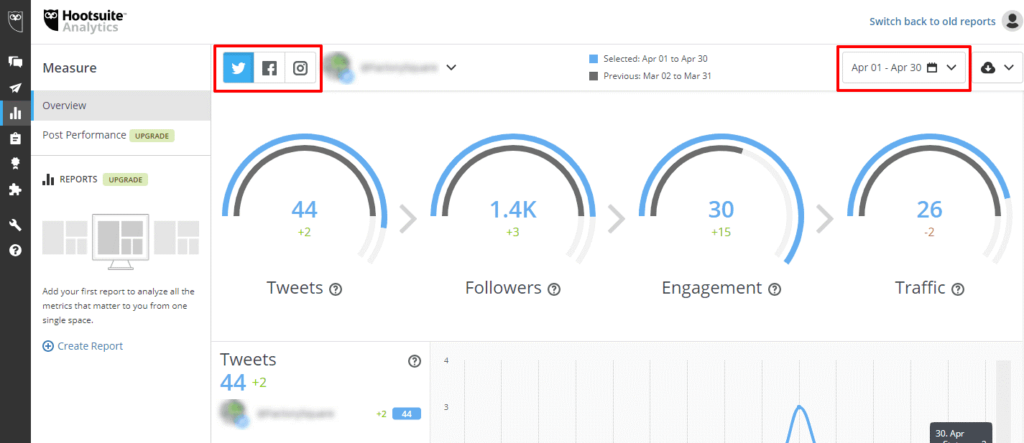With around 3.5 Billion social media users in the current world, most businesses want to reach out to them. Having that in mind, businesses are making a presence on these platforms, but social media marketing is not just about being present.
In this modern world, audits are not only relevant for accountants but also for digital marketing managers, and hence a social media audit comes into picture.
But, wait, what is a social media audit?
A social media audit is just a simple health check of your brand’s social media efforts. Just like any other business audit, it is will help you understand what is working and where you need improvement. It will further help you develop a social media strategy or modify your current strategy based on your findings.
It might sound harsh, as the word “audit” itself sounds, but as you reach the end of this blog, you’ll realise that it’s not that difficult.
Let’s look at how you need to go about it!
Step 1: Create a file. It’s as easy as that.
Depending on what you are comfortable with, either create a word document or an excel file to record all your finding before you start the process. If you’re using a word document, create a table otherwise you can just simply use excel. The things that you would want to put in the sheet are:The channels your brand is present on.
-Links to those profiles.
-Login details for all the profiles.
-Current social media owners/admins/managers of those pages.
-Contributor/person responsible for handling the page.
Step 2: Appearance matters.
After collecting all the information mentioned in step one, you would want to look at the qualitative and quantitative aspects of your brand’s profiles. It is quite like how a doctor first examines your physical symptoms of illness before running any tests on your body. Physical symptoms… for social media what could they be? This would be qualitative aspects of your pages, anything and everything other than the numbers.
-Profile and cover images:
Make sure that all your images are in alignment with your logo and brand guidelines.
-Profile Bio:
The “About Us” section or the profile should be updated according to the current brand positioning or strategy.
-Social Media Handles:
Are your handles consistent across all the different platforms?
-Noting down the best and worst performing posts.
-Posts with the most engagement.
Some of the above-mentioned things might sound like it’s common sense but identifying them at the right time can be very beneficial. A few months ago, during an audit we realised that we have two twitter handles, which otherwise we may never have identified.
Step 3: Measure your performance.
This is the part where all the quantitative data crunching is going to happen. You don’t have to start worrying straightaway just by reading “data crunching” because you are going to realise that it is quite simple. However, before we get into that, you need to make a list of your major competitors and industry leaders to set a benchmark. When you measure your performance, compare it against your competitors.
What metrics should you be measuring? Well, the answer to this question lies in your objective, and most often your objective is dependent on what stage your organisation is on the digital engagement cycle.

Source: http://dmresourcecenter.com/unit-2/digital-involvement-cycle/
It might also be important to keep in mind that your competitors might be at different stages of this cycle or they might be targeting a completely different segment. This could explain some of the differences.

You can measure these insights by either looking at the insights of your social media handles, or if you are using tools like Hootsuite, Buffer, HubSpot you can analyse your performance using those platforms.

Step 4: Set new objectives.
The last step for any audit would be to understand the reasons behind what’s working and what’s not, because the information that you are going to collect will help lay a roadmap to understand what you need to be doing in order to best connect with your target audience.
Based on this, create and update new social media objectives for your brand.
And Voila, you’re done!



 You may be asking yourself why you should attend to college to study social media.
You may be asking yourself why you should attend to college to study social media.






